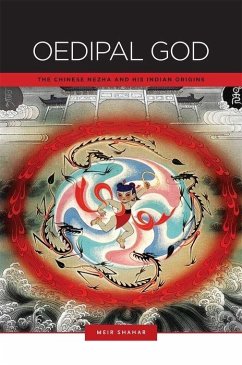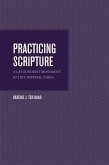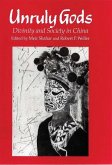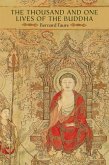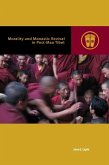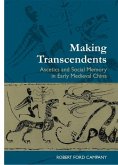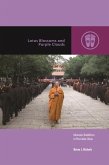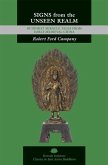Oedipal God offers the most comprehensive account in any language of the prodigal deity Nezha. Celebrated for over a millennium, Nezha is among the most formidable and enigmatic of all Chinese gods. In this theoretically informed study Meir Shahar recounts Nezha's riveting tale--which culminates in suicide and attempted patricide--and uncovers hidden tensions in the Chinese family system. In deploying the Freudian hypothesis, Shahar does not imply the Chinese legend's identity with the Greek story of Oedipus. For one, in Nezha's story the erotic attraction to the mother is not explicitly acknowledged. More generally, Chinese oedipal tales differ from Freud's Greek prototype by the high degree of repression that is applied to them. Shahar argues that, despite a disastrous father-son relationship, Confucian ethics require that the oedipal drive masquerade as filial piety in Nezha's story, dictating that the child-god kill himself before trying to avenge himself upon his father. Combining impeccable scholarship with an eminently readable style, the book covers a vast terrain: It surveys the image of the endearing child-god across varied genres from oral and written fiction, through theater, cinema, and television serials, to Japanese manga cartoons. It combines literary analysis with Shahar's own anthropological field work, providing a thorough ethnography of Nezha's flourishing cult. Crossing the boundaries between China's diverse religious traditions, it tracks the rebellious infant in the many ways he has been venerated by Buddhist monks, Daoist priests, and possessed spirit mediums, whose dramatic performances have served to negotiate individual, familial, and collective tensions. Finally, the book offers a detailed history of the legend and the cult reaching back over two thousand years to its origins in India, where Nezha began as a mythological being named Nalakūbara, whose sexual misadventures were celebrated in the Sanskrit epics as early as the first centuries BCE. Here Shahar reveals the long-term impact that Indian mythology has exerted--through the medium of esoteric Buddhism--upon the Chinese imagination of divinity. A tour de force of literary analysis, ethnographic research, psychological insight, and cross-cultural investigation, Oedipal God is a must read for anyone interested in Chinese studies and the historical connection between India and China. Shahar's broad reach and engaging approach will appeal to specialists and students in a variety of disciplines including Chinese religion, Chinese literature, anthropology, Buddhist studies, psychology, Indian studies, and cross-cultural history.
Hinweis: Dieser Artikel kann nur an eine deutsche Lieferadresse ausgeliefert werden.
Hinweis: Dieser Artikel kann nur an eine deutsche Lieferadresse ausgeliefert werden.

